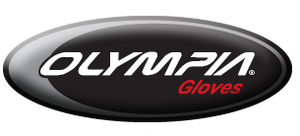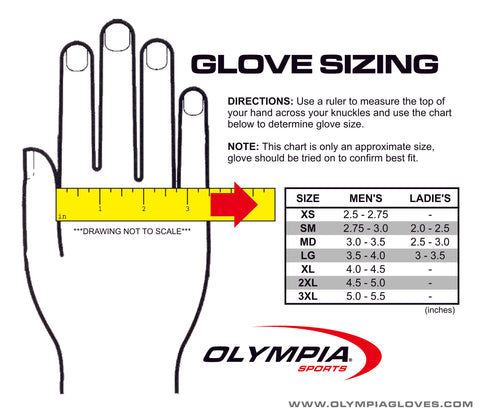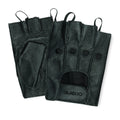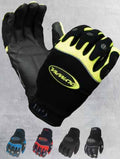3 More Sourcing Strategies To Manage Rising Glove Costs
Posted by ROGER HEUMANN
Rising prices are one of the greatest business challenges for retail buying organizations. The challenge is to manage costs in a way that doesn’t affect the consumer appeal of your product.
As we showed last week, value engineering your product is one cost management strategy we can use to do this.
By being creative with glove design, and using technical knowledge of the range of glove materials and available substitutes, we can often reduce costs in a way that doesn’t affect product performance.
But many other costs are going up as well, so materials selection and value engineering your glove design is just one approach.
Here are 3 more sourcing strategies to use to manage rising glove costs
Volume Buying, Labor Efficiency, Supply Chain Diversifiation
Price elasticity is a basic fact of business. Generally, the lower the price, the more you sell.
Therefore, glove buyers and their suppliers have to approach the problem of rising sourcing costs from several different angles:
-
Economies of scale: Volume gives you buying strength to combat cost increases. One advantage of outsourcing your manufacturing is that your supplier can buy larger volumes than you could buy alone.
By using your glove supplier’s negotiating power with their raw material component suppliers and supply chain partners (freight, etc.), you should be able to achieve better glove pricing than you could as an individual.
-
Labor Efficiencies: Consistent ordering from a single glove supplier allows you to take advantage of labor efficiencies.
If you give them consistent orders, your supplier’s workforce becomes well-trained in making your product. When those orders are evenly spread out, month over month, the supplier avoids costly starting and stopping — which means they are in a better position to help you absorb rising prices.
In that way, your supplier should be able to manufacture with greater efficiency — and help you control costs — over time.
-
Supply Chain Diversification: The main reason manufacturing moves from China to countries like Bangladesh, Myanmar, Thailand and Vietnam is because labor rates are lower there.
If you are making a simple product like a white t-shirt in China, there’s a pretty good chance you can find a cheaper factory elsewhere. It’s not too hard to move production for an easy-to-manufacture product.
Bottom Line: Better Product Trumps All
We’ve got an eye like a hawk when it comes to rising costs. We can buy more efficiently than you can as an individual company, and bring our design, manufacturing and sourcing expertise to bear, to keep costs in line.
But we are often reminded of the “Saturday Night Live” skit about the bank that loses money on each transaction, but makes if up with volume.
Let’s not be penny wise, and pound foolish.
Put money into the product selectively, to maximize value for your customer. Consumer satisfaction, and rising sales, is the best margin insurance policy of all.
Managing Glove Cost: Need Another Point of View?
One benefit of outsourcing and partnering with an experienced glove manufacturer is for the expertise they bring to the table.
Take advantage of this expertise, to fill gaps and align with your organization’s particular strengths. To learn more, read our new guide, “8 Signs You Are Ready To Outsource Your Glove Manufacturing”.
TAGS:






















